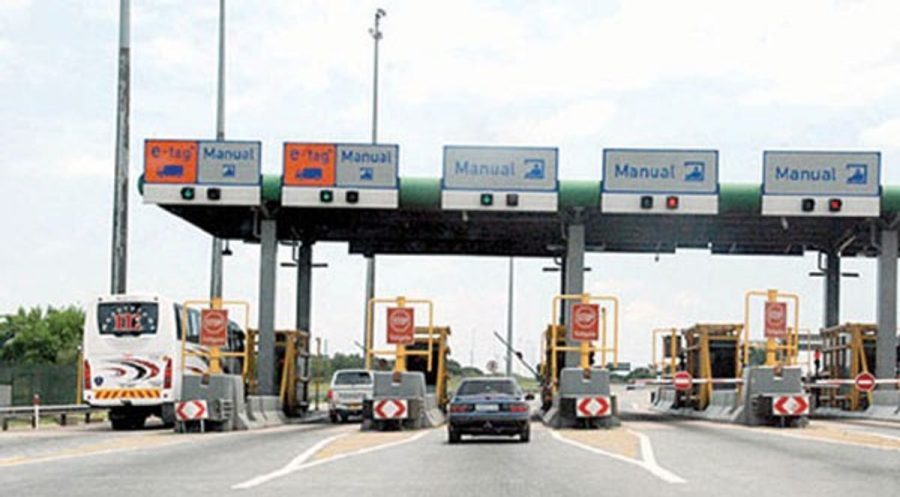The Federal Government (FG) of Nigeria has ordered the complete closure of the Nigerian border, placing a ban on both legitimate and illegitimate movement of goods in and out of the country.
The Comptroller-General, Nigerian Customs Service, retired Col. Hameed Ali, reportedly disclosed this in Abuja during a joint press briefing on joint border patrol that is codenamed ‘EX-SWIFT RESPONSE.”
According to him, all import and export of goods from the nation’s land borders are banned until there is an agreement with neighbouring countries on the kind of goods that should enter and exit Nigeria.
While providing further details, the Customs boss stated that all goods must only enter through the legitimate air and seaports where they can undergo thorough scanning and certified fit for consumption.
According to him: “We hope that by the time we get to the end of this exercise, we would have exactly between us and our neighbours agree on the type of goods that should enter and exit our country.
“For now, all goods, whether illicit or non-illicit, are banned from going and coming into Nigeria. Let me add that for the avoidance of doubt that we included all goods because all goods can equally come through our seaports.
“For that reason, we have deemed it necessary for now that importers of such goods should go through our controlled borders where we have scanners to verify the kind of goods and how healthy to our people can be conducted.”
The Back Story: As earlier published on Nairametrics, President Muhammadu Buhari announced the partial closure of the Nigeria-Benin border on August 20th with the exercise code-named, ‘Ex-Swift Response’.
Basically, the Ex-SWIFT RESPONSE is coordinated by the Office of the National Security Adviser (ONSA) comprising the Nigerian Police Force, Nigerian Customs Service (NCS), Nigerian Immigration Service (NIS), the Nigerian Armed Forces and other security agencies to address trans-border security issues.
- According to the President, the measure was taken to restrict the massive illegal importation of rice into Nigeria. Meanwhile, the move to partially close the Nigeria-Benin border was a follow up to the recent policy moves by the government to completely shut out the importation of food items and smuggling.
- Also, some experts have criticized the partial closure of the border, stressing that it would rather trigger an increase in food prices within the economy.
- However, speaking earlier, the Comptroller-General said the operatives of the ongoing Joint Border Security had seized items worth N1.4 billion since the partial closure of borders.
The Big Picture: The reported move by the government to completely shut the border means the Federal Government has staged a full-fledged policy statement against smuggling despite concerns earlier raised in some quarters.
Findings established in the latest Nairametrics research food price survey showed that following the sustained border, scarcity of some food items has hit the markets and Nigerians are now patronizing the locally made items like rice.
While reacting to question on whether the Federal Government had not breached the rights of the citizenry to movement and international trade with the announcement, the Customs boss disclosed that “when it comes to security, all laws take back a seat”.
“We want our nation, we want to make sure that our people are protected. You must be alive and well for you to begin to ask for your rights. Your rights come when you are well and alive.
“Go and meet the people in Maiduguri when Boko Haram was harassing their lives, the only question was survival, there is no question of right. This time Nigeria must survive first then before we begin to ask for our rights”
[READ FURTHER: Scarcity of imported rice hits major markets, as dealers pack local rice in foreign bags]












Good job Buhari for closing every border in Nigeria both in the north part of Nigeria and south of the country . Nigerians economy protection and security comes first Any Nigerians who play with the law must pay very dearly.. Nigeria belongs to Nigerians and not nearby countries cry wolf .Our local goods should be in all Nigerian market .importation of goods that produce in Nigeria should be relax to save huge capital flight